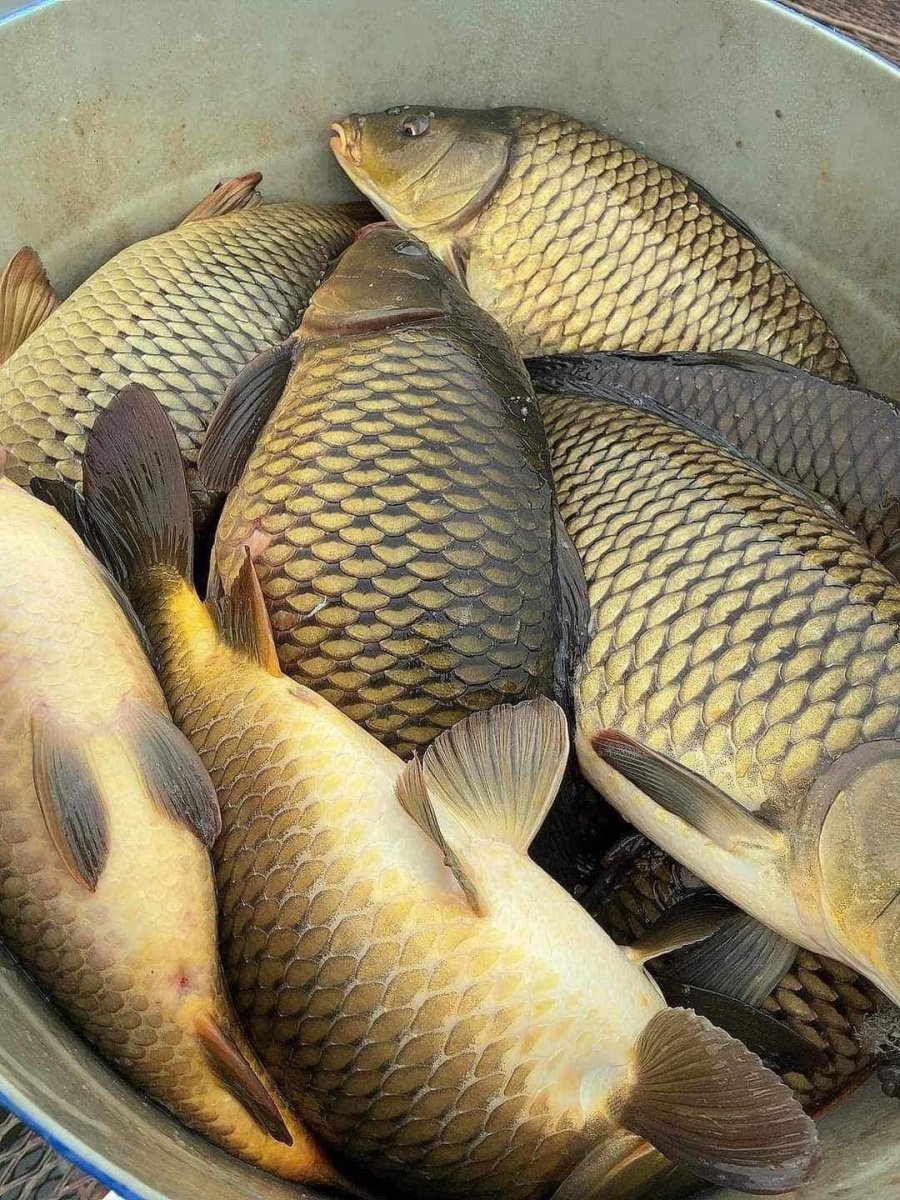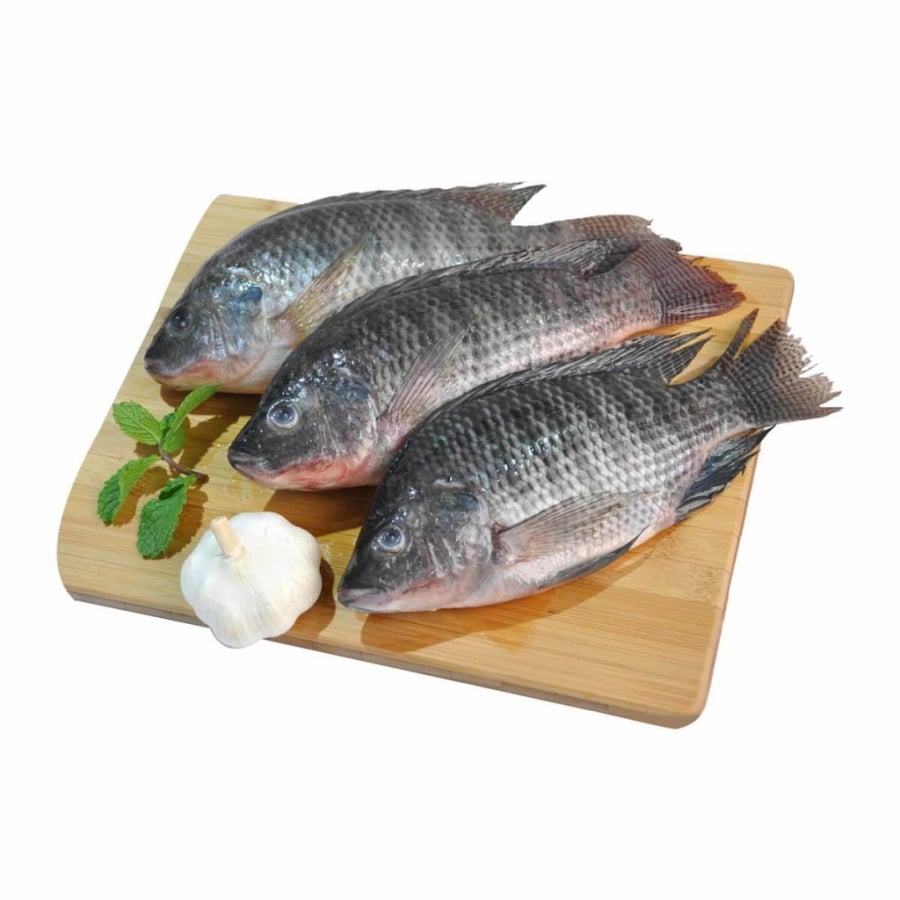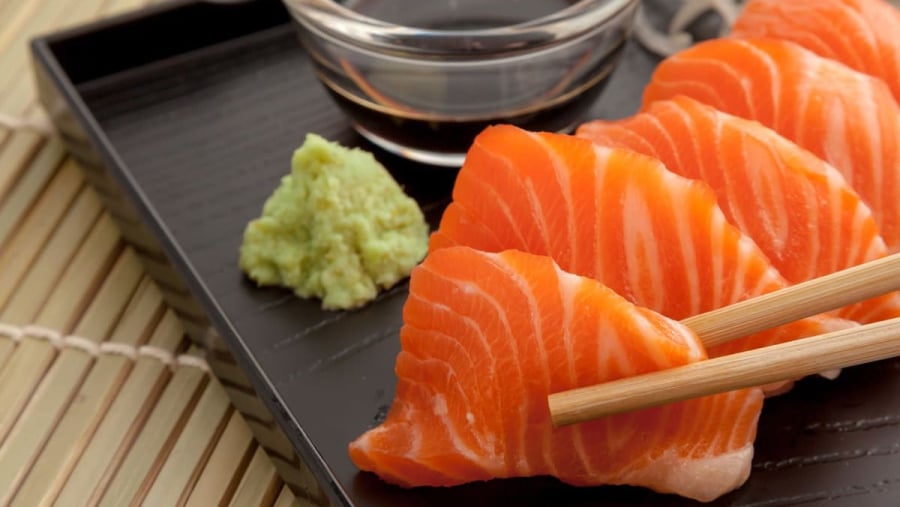While parasites exist in fish and don’t kill them, consuming undercooked fish can allow these parasites to transfer to our bodies, causing dangerous health issues.
Freshwater Fish Prone to Parasites
– Bighead Carp: This fish is susceptible to parasitic worms and flukes. As bighead carp often inhabit muddy bottom waters, it provides an ideal environment for parasite development.
– Common Carp: Liver flukes are one of the most common parasites found in common carp. Infection with liver flukes can lead to symptoms such as fever, abdominal pain, nausea, and hepatitis. If left untreated, these can lead to serious complications like cirrhosis.

Liver flukes are a common type of parasite found in common carp.
– Snakehead: As snakehead fish inhabit ponds and stagnant water bodies, they are more likely to be infected by dangerous parasitic worms.
Brackish Water Fish Prone to Parasites
– Basa: The brackish water environment in canals, rivers, etc., provides ideal conditions for parasites to invade and thrive, making basa fish susceptible to flukes and worms.
– Tilapia: Tilapia fish are particularly vulnerable to flukes and roundworms.

Flukes and roundworms are the most common parasites found in tilapia.
Marine Fish Prone to Parasites
Generally, marine fish live in saltwater environments, so their risk of parasite infection is lower compared to brackish or freshwater fish. However, there is still a significant risk.
– Salmon: Whether in saltwater or freshwater (due to salmon migration), salmon is susceptible to Anisakis worms. Infection can lead to symptoms like abdominal pain, vomiting, and hives.
– Cod: Similar to salmon, cod is also prone to Anisakis worms, which inhabit the muscle tissue of the fish. Consuming undercooked cod can lead to parasite infection and severe health consequences.

Salmon, regardless of saltwater or freshwater habitat, is susceptible to Anisakis worms.
Ways to Prevent Parasite Infection from Fish
Thoroughly Cook Fish
One of the most effective measures to kill food-borne parasites is to avoid consuming raw or undercooked fish dishes like sushi, fish salad, or sashimi.
Freeze Fish Before Consuming Raw
If you wish to eat raw fish, freeze it at -20°C for at least one week to destroy any parasites. Freezing is an effective method to weaken and kill parasites without compromising the natural flavor of the food. This is a technique often employed by chefs to eliminate parasitic worms in salmon.
Proper Storage and Sanitation
For fresh fish, store it at temperatures below 4°C in a refrigerator or freezer to prevent bacterial growth and parasite development. For frozen fish, the ideal temperature is -18°C.
During preparation, thoroughly rinse the fish under cold running water to remove any dirt or debris. Additionally, use separate knives and cutting boards for raw and cooked fish to prevent cross-contamination.
































